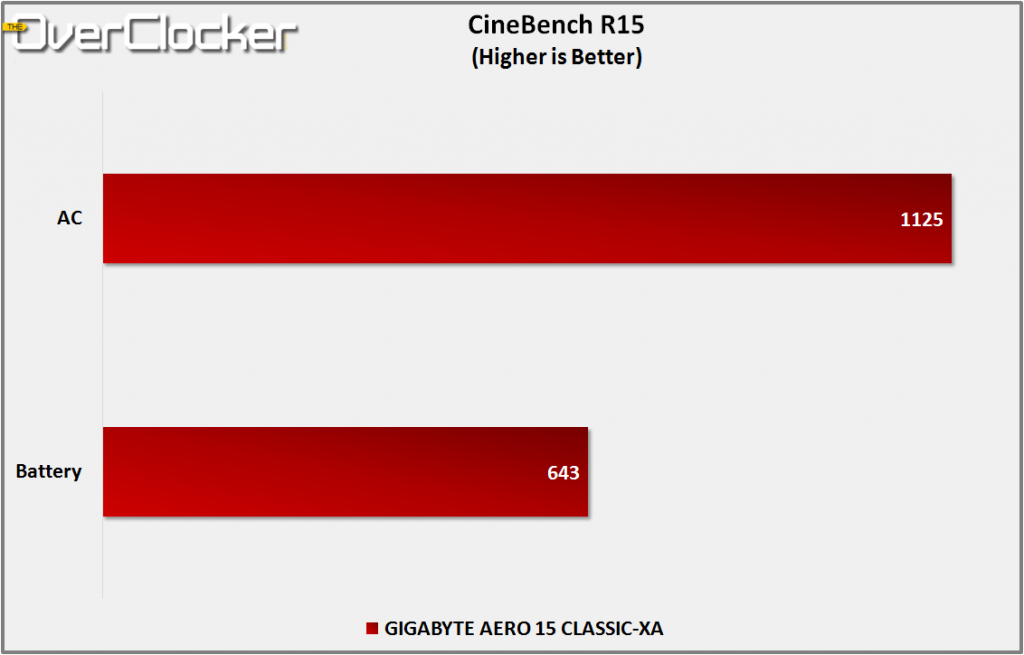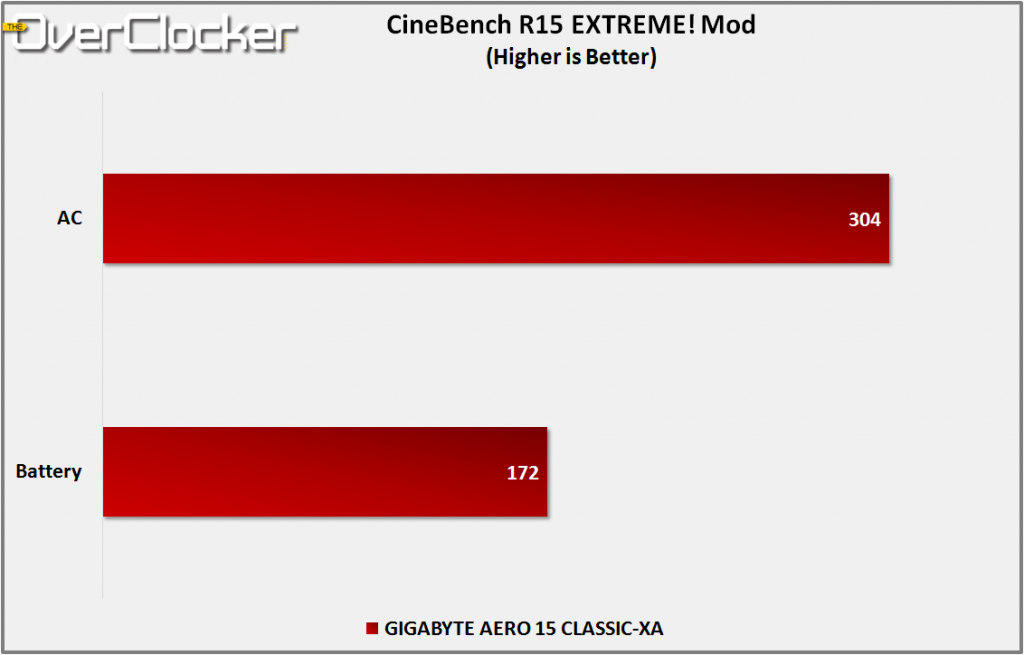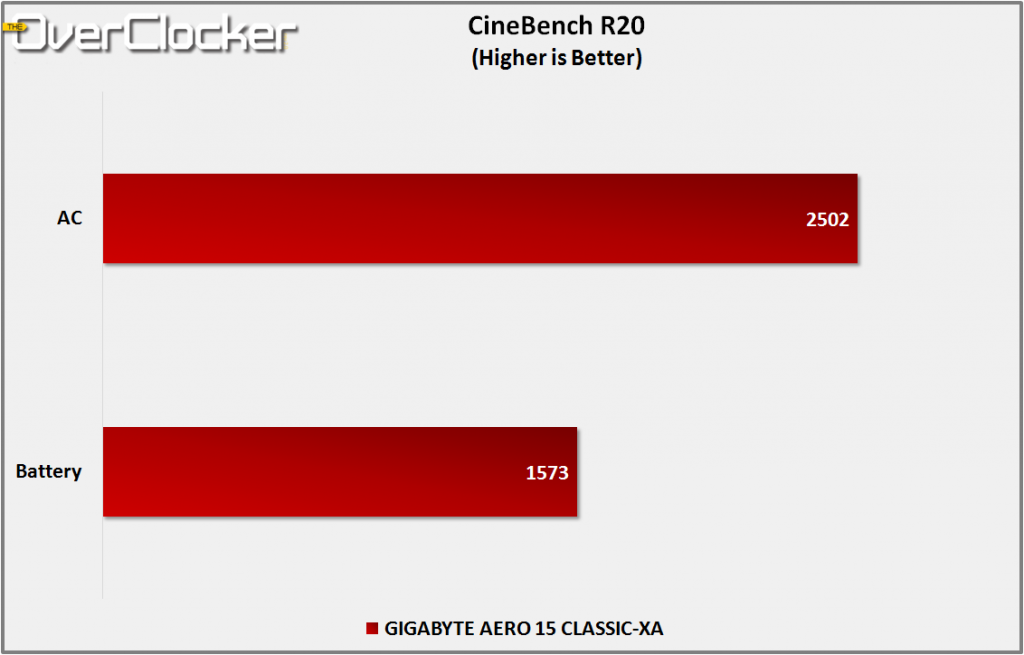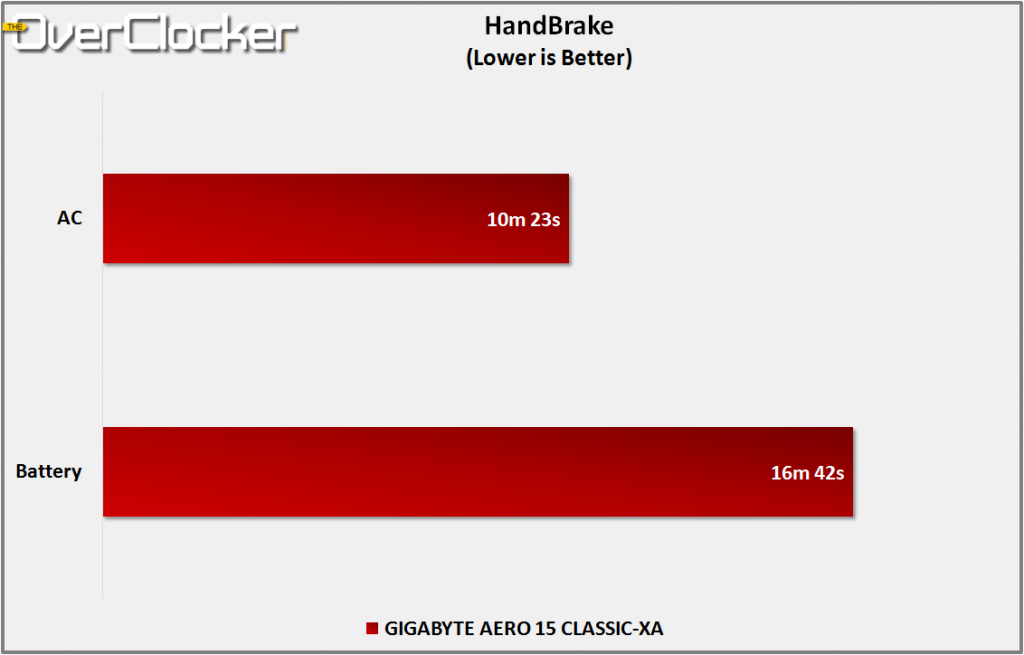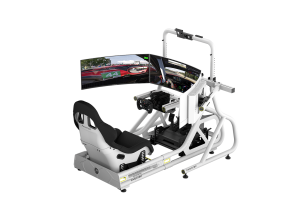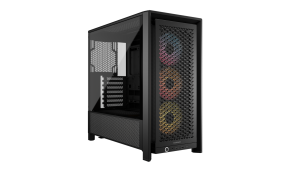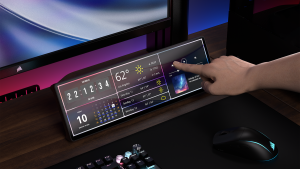GIGABYTE AERO 15 CLASSIC-XA Review
CineBench and HandBrake
For the creatives CineBench offers a good indication of 3D rendering performance, being based on the MAXON Cinema 4D rendering software. CineBench has been through multiple revisions over the years, and we have tested using the three newest and most relevant versions. Handbrake is used for transcoding video, and through it we ran a 6.5 GB MKV video file. The Core i7-9750H in the GIGABYTE AERO 15 CLASSIC-XA excels in these areas.
CineBench R15
CineBench R15 is the oldest version tested and still the most relevant, having only recently been replaced by CineBench R20. The scores here were truly mind-blowing when one considers that it is a laptop with a mobile CPU. The score of 1,125 puts it ahead of the desktop Core i7-7700K, and not far from the 6 core/12 thread Core i7-8700K. On battery power the score drops to 643.
CineBench R15 EXTREME! Mod
As an unofficial mod released not long before R20, CineBench R15 EXTREME! takes the original R15 and increases the resolution (and therefore workload) fourfold. While developed with HEDT platforms in mind, R15 EXTREME! is also handy for testing laptops as the render time is certain to be long enough to introduce throttling. Once again we see a score that fits between the desktop Core i7-7700K and Core i7-8700K, with a final score of 304. Swapping to battery power we see the score drop to 172.
CineBench R20
CineBench R20 is the latest official version from Maxon, and features an all-new engine compared to the older R15. Scoring has been completely overhauled, and the scores are in no way comparable to older versions. Due to the optimizations we see a score closer to the i7-7700K than 8700K, but it is still between them at 2,502 points. Once unplugged, the score drops to 1,573.
HandBrake
For HandBrake we used a 6.27 GB MOV file (available here) and converted it to MP4 using the Fast 1080p30 preset. The primary drive was used as both the source and destination, as the NVMe drive has bandwidth in the multiple orders of magnitude more than required. Running the transcode resulted in a 481 MB output file. The final output time was measured at 10m23 on AC power and 16m24 on battery. This is not a brilliant time, but the end result of thermal throttling. Meanwhile, a score of 16m42 was attained on battery power.

